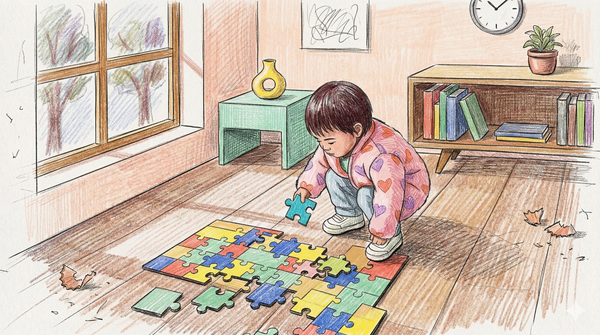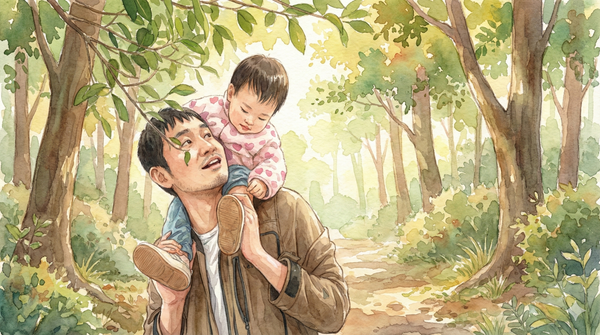Extract from The Poets of Windhover Marsh
Read it in Chinese
Extract from Oregon Beaches in The Poets of Windhover Marsh by Murray A. Pura
It struck him on that particular afternoon by the sea, that most of the Christians he had met in his life prefer illusion to truth. In fact, they equated faith with a fierce denial of reality.
“I am feeling sad”
“but Christians are not supposed to feel sad, therefore I cannot be sad, I must be happy.”
The suppression of what a person actually feel and the superimposition of what a person thought ought to be felt, was called an act of faith. The task of Christendom seemed to become one of obscuring reality, and replacing it with something much nicer if less honest. Happiness for sadness, gentleness for rage, conviction and resoluteness for doubt. Christianity had become a mind game, for faith was no longer a divine appointment that fortifies you and enabled you to face reality head on and go through it to the other side, and by so doing alter reality, in actuality. Faith was now denial of reality that enabled you to act as if what was saw was not so and to charge on ahead into an altered reality that existed only in your own mind and never in heaven or Earth….
But you’re depressed, it’s all right to say so. That doesn’t mean you have no faith. Taking your depression to God is your faith, like the woman who brings her leprosy. Believing He will walk with you through the valley of death is your faith. The Scriptures do not teach dishonesty. They would fly at him all fang and claw and blazing zeal if you attempt to to dissuade them from forced cheerfulness, for this was their acts of faith, that God would make it reality if only they forced that reality with their minds and refuse to relinquish it. He was not allowed to prick the balloon, not permitted to question the sanctity of their imagined world. They would not look at the passages in Scripture of those who struggled and agonized and stared reality in the face in the name of God and battle fiercely with it. No, the holy denial gave them peace. The fabrication was more real to them than reality itself.
(At this point he decide that he can no longer be a theological professor, he quite his job and goes and rents a cottage with his wife on the Oregon coast, and he becomes a writer. And later on, he wrote seven essays that winter)
In the first essay, he compared the lust for warehouse shopping with the lust for warehouse churches.
Big bigger biggest, and the dazzle the vanity fair of it,
the chilling anonymity of it
to the hurting, the gray crowd, the passive aggressive Sunday mob.
In the second he discussed the Christian drive for the instant and the effortless in the spiritual life, indeed, in every facet of Christian’s life.
No doubt, an absorption of the luxury cult of North America,
But even more sinister, when God’s Spirit was reduced to a time saving device,
a kind of divine food processor that worked, blended and smoothed out all.
The third essay was about the church’s preoccupation with what was sensual and experiential, over against what was intellectual and reflected.
Feel-good-Christianity was superior to think-well-Christianity,
In the majority of believers minds is mutually exclusive as oil and water,
“And a good thing too!” They thought,
“For what did Pentecost have to do with Oxford, who needed brain when you had spirit?”
Then there was the essay on the dramatic and the sensational
hype, hyper, hypest.
A Grand bazaar of spiritually special effect.
Every worship and ministry time more extravagant than the week before.
A church addicted to melodrama addicted to megalomania,
thrashing and dying in a melanoma of the skin deep that is metastasized to the soul.
This was followed by a piece on the worship of the presence
The indifference to the past
When God had done very little comparatively,
and the denial of the future which simply would not be
since the world must end long before 2050.
And all that could be must now be and the present are present
because the grand age of the ages, ours are the chosen generation.
Nothing had fully existed before us or could after us.
The now, the now, the God of now.
His sixth essay considered sound and silence
Or better sound versus silence?
for the church would be silent no more.
She would shout it from the rooftops
where was God in the long silences when one man coughed?
Give us voices give us a band and orchestra give us volume,
the joyful noise the rising crescendo.
Obliterate us oh God
in the ringing and singing and banging and blasting.
We want to feel and absorb and become sound.
Do not leave us in a silence where dark discovery may lay,
where you our God may whisper and we may catch it, catch you, catch all.
We don’t know, we do not know our way in the silence.
He argued for returned to depth and quiet,
to metaphor and simile and soliloquy,
to a swing of Psalms and the galloping light of Gospels and epistles, of a genesis, and the long slanting beams of Exodus.
“Make music” he wrote,
“string your thoughts like water beads on kite thread, and let the line in your hand shiver in winds you’re unafraid to call mysteries.”
Explain what you can yet admit to your gibberish before God.
Lisp and bubble and cry in confession.
But paint! By all means paint,
Let your theology bear the rugged gouge of the palette knife.
Let your oils be thick and lustrous and layered.
Layer upon layer down to a bare canvas heart stretch to wood.
Let your spirituality be in thick strokes too,
or if you grow weak, fine lines of light.
Trace them and interlace them, string and fling and rise like a bird on the wing,
speak of what is true and let them say you flew in honesty like a sky.
But do it all in beauty.
Let your syllables be lovely, and your pauses, speak what God speaks.
Ride his language if you can, stride on his couplet.
But come back to the small,
the little brood on the beach for whom Christ is cutting and cleaning fish.
Take your sustenance there.
And for the crowd that gathers and the swarms for a show,
Don’t go Don’t go there, where you can know every face,
stay and listen and grow.
Hold the shine of God’s oceans in your hand,
and thank Christ and bless the God our Father in every glint and gleam,
and do not waste one day’s heaven in folly.



